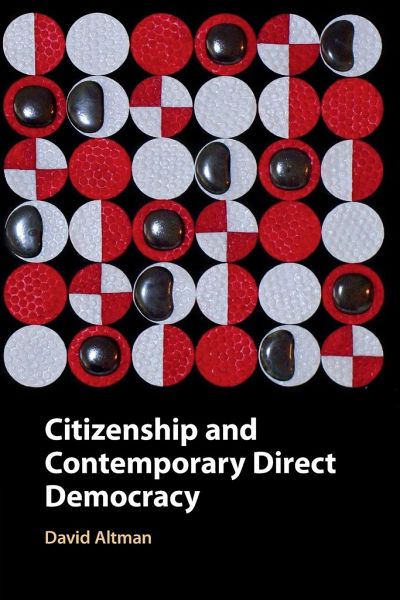
Citizenship and Contemporary Direct Democracy
Versandkostenfrei!
Versandfertig in 1-2 Wochen
42,99 €
inkl. MwSt.
Weitere Ausgaben:

PAYBACK Punkte
21 °P sammeln!
Citizenship and Contemporary Direct Democracy is for anyone who studies democracy, elections, or political institutions. Its original data makes it indispensable for researchers, while the accessible, non-technical approach makes it suitable for students and teachers alike. The normative argument will appeal to political theorists and philosophers.




